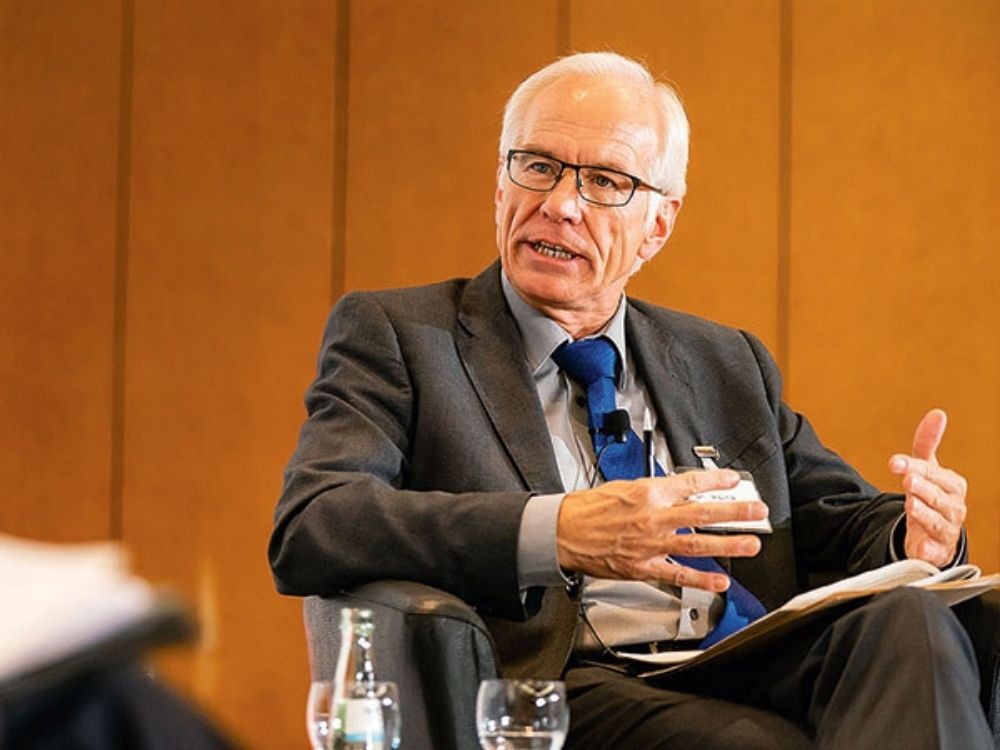Flexibility and less red tape over the next operational programming period – these are some of the effects of the regulation agreement on the general rules of access to the EU structural funds and their management reached at the beginning of December. It took the European Commission, the European Parliament and the Council of the EU two years to reach an agreement enabling the countries, municipalities and beneficiaries to have clarity as to what conditions and requirements they have to meet in order to receive European funding over the next seven years.
In the words of MEP Andrey Novakov, it is now absolutely clear how the funding, amounting to 330 billion euro will be distributed. But what is the most important element of the general regulation providing access to them?

“The least advanced regions will receive 85% co-financing from the European budget even though the initial proposal was for 70%,” Andrey Novakov explains. “The increased co-financing for projects means a breath of air for the national budgets of the member countries as well, and for the local budgets of our municipalities. To my mind it was important that we managed to guarantee transparency and control of the spending of European funding – in terms of fraud and single auditing, as well as of public disclosure of information. Under this regulation Bulgaria will receive 11.5 billion euro which means: 5 billion for regional development, 2 billion for investments in employment, 1.5 billion for the environment, 1 billion for energy transition etc.”
The benefits of the agreement reached on the regulation of the EU’s multiannual financial framework include reducing red tape, says German MEP Constanze Krehl:

“Each one of the participants in the discussion on the subject complained of the excessive red tape when applying for operational programmes. Now the documents will span no more than 35 pages. In addition, all regions will be able to participate in regional policy effectively, as the funding allocated is considerable.”
Flexibility in applying the measures depending on the needs – this is another significant achievement according to Heinz Hetmeier, representative of the German Presidency of the Council of the EU.

In his words, in the conditions of Covid-19 the union’s cohesion policy has demonstrated that it is an important tool for a flexible reaction in unforeseen circumstances.
Heinz Hetmeier agreed with Constanze Krehl that reducing red tape makes everyone’s job easier – all the people responsible for the EU’s cohesion policy locally, in towns, rural areas, in regions, in the member countries as a whole. He added that the new rules would make the distribution of resources more flexible and make more transfers among the various regions possible.
Photos: eufunds.bg, BGNES, constanze-krehl.eu and zm-online.de
The program of the Orthodox Book Week offers meetings with authors, publishers and translators of Orthodox books from the last few years. The event is held until November 10 at the ''St. Procopius of Varna'' Church, with meetings taking place every..
The "Kabiyuk" horse breeding farm in the village of Konyovets is the oldest stud farm in Bulgaria, founded in 1864 by Midhat Pasha, the governor of the vilayet of Ruse, to produce horses for the Turkish army. The farm existed until the Russo-Turkish War..
There is no exact statistic on the number of Bulgarians living abroad, but a report from the Ministry of Foreign Affairs from last year indicates that around 2.8 million Bulgarians are living outside the country . According to the 2021 population census..

+359 2 9336 661
